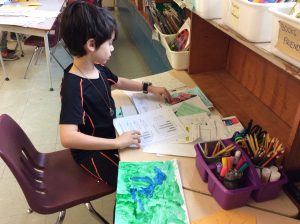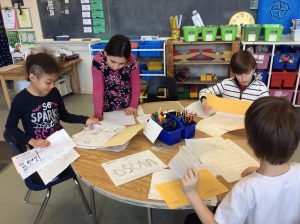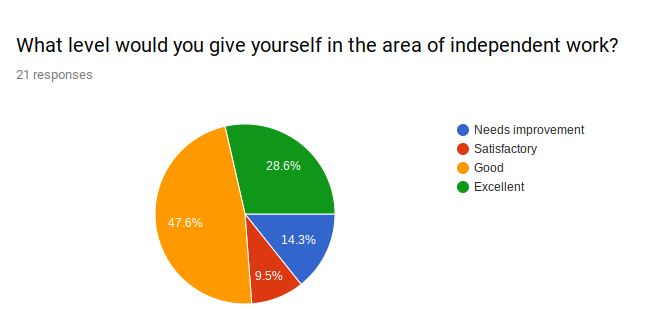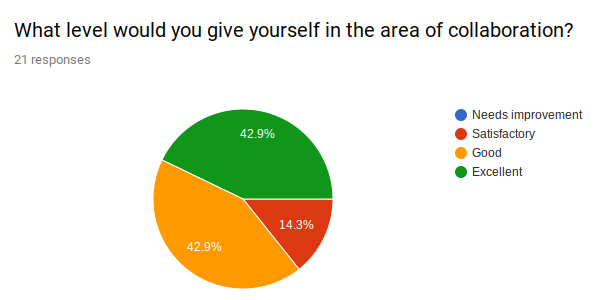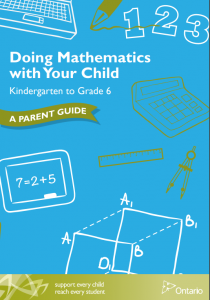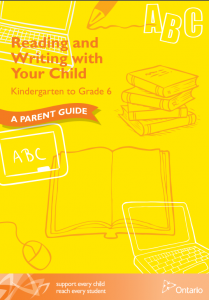There are numerous allies in education outside of our schools. Parents and guardians are always at the top of the list. To reframe a quote, “they are our partners in education”. In other, perhaps more ominous words, everything we do in the classroom is linked inextricably to them and their children – good, bad, or otherwise. No pressure there, eh?
When I started out as a teacher, I had to learn the delicate dance of dealing with parents. Coming from a media, sales, and entrepreneurial background, prior to education, provided me with a mix of no nonsense and conversational finesse. Perhaps, the number of kilometres on my life odometer have made interactions with parents and guardians different for me compared to my chronologically younger colleagues. I noticed that even though we started out at the same time, our experiences from our first parent conferences back in the day were quite different. This is still happening today, 12 years later as I try to mentor teachers new to their roles in schools.
Was and is my age a factor ? What about my gender? What about my privilege of being a white-cis male too? Yup, yup, and double-yup.
At first I found it odd that families saw me as more experienced based only on their visual assumptions? I never hid my rookie status from families. Yet, I witnessed how some younger teachers seemed to be second guessed by some parents/guardians for no perceivable reason other than their youth even though they had the same experience as me. I can guarantee you that most of them could teach circles and other shapes around me.
Seeing this year after year proved that this was not an uncommon occurence in education. In subsequent years, I felt strongly about making sure teachers would rally together in support of our new team members on staff by ensuring that there is a supportive structure around them. I know it’s called NTIP, but I never recall meetings with parents and guardians as high on the learning priority list. For me, this focus is also extended to all faculty of education students. It is important that they get a chance to be present when possible for meetings too.
the set-up
Looking back, it may have been the way I front loaded communication prior to those meetings? For my part, I have always believed that the student is the best agenda. I have always expected them to share their days and responsibilites with the adults at home in their lives. I have also learned that an agenda can be conveniently lost or recycled at the most interesting times.
When I was given my first homeroom, I made sure to let parents know what they could expect in terms of communication forms and frequency. As such, even though students had agendas they were expected to fill them as they saw fit throughout the day. This year I chose not to ask for agendas for my grade 4/5 class which left some parents a bit uncomfortable. A colleague solved that issue by cutting an 80 page writing book in half. Voilà, an agenda is born.
It is important to remember that it is your class and you need to manage it in terms that work best for you. Consider it as a differentiation of sorts. Gardner would be proud.
I prefer to communicate with adults at home in a more corporate manner via email. This is mostly due to my atrocious penmanship skills. My hand moves too slowly for my brain. Typing has allowed me to find the goldilocks zone for my brain and body. Parents and guardians receive updates about classroom events such as what is being learnt and any assessments that might be coming home or upcoming.
I also use my emails to families as a method of letting parents know how hard their students are working and that I appreciate their support. This medium of communication has always been effective for me.
If you are fan of agendas then the answer is built into your instructional day already as students copy down what is on the board to take home each night. I see the value of developing the fine motor skills of younger students by printing, but am also aware that this can be an incredible instructional time suck. With the rise of digital classroom spaces (G**gle et al) many of the daily notices can be shared online without daily delay which would give time for other fine motor skills practice anyway.
I also believe that students can come to loathe the activity if they struggle with printing/cursive writing like I do. Communication does not have to be daily. See my above where I mentioned how students can be the conversational conduits of their school days instead of a series of disconnected written prompts that require explanation anyway. This brings me to my next point about how frequently educators need to share with families, but that will have to wait until my next post because there might be some stories and opinions to share that would make this read a bit too much like a long note home in an agenda.

